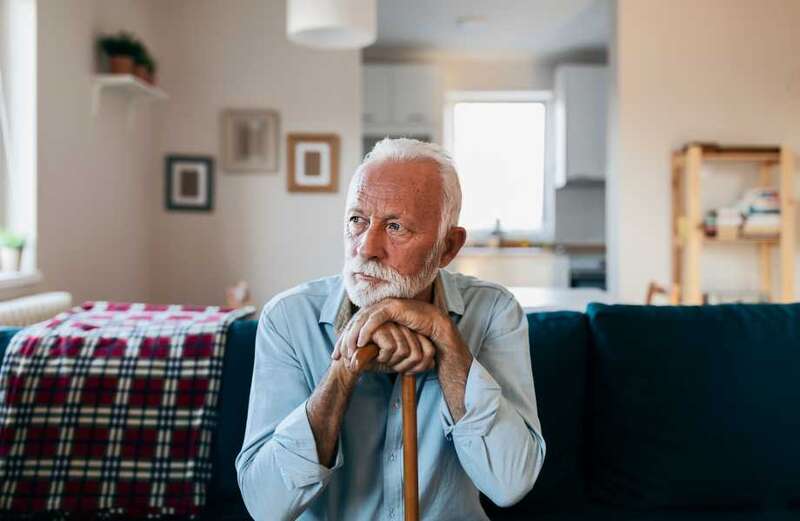AGEING in cells can be slowed to extend lives, a study suggests.
Cells could be reprogrammed to halt their natural deterioration, researchers from University of California San Diego found.

The discovery — made on yeast cells — could pave the way to finding out how to put the brakes on ageing in humans, they suggest.
Professor Nan Hao said: “Our work represents a proof-of-concept example, demonstrating the successful application of synthetic biology to reprogram the cellular ageing process.
“It may lay the foundation for designing synthetic gene circuits to effectively promote longevity in more complex organisms.”
 R&B star Anita Pointer of The Pointer Sisters dies aged 74
R&B star Anita Pointer of The Pointer Sisters dies aged 74
The science of ageing is a rapidly growing field, with experts intent on finding the holy grail of eternal life.
Some believe the first person to live to 150 has already been born, and there is no reason humans could live even longer still.
The oldest ever person, Jeanne Calment, lived until the age of 122, dying in 1997.
Maria Branyas Morera, 118, is the world's oldest living person, having lived through the Spanish civil war, 1918 flu pandemic and Covid.
The latest study, published in the journal Science, looked at how to slow down ageing on a cellular level.
Previous research by the team had identified mechanisms that cause cells to age called gene regulatory circuits.
Professor Hao said: “These gene circuits can operate like our home electric circuits that control devices like appliances and automobiles.”
Like circuits, they can be rewired to start or stop, the team found.
They programmed the circuits to switch between two different states, slowing down yeast cells’ degeneration.
This resulted in dramatically extended lifespans for the cells, setting a new record for boosting life through genetic and chemical interventions.
 Ken Block’s craziest Top Gear stunts from biker race to drifting as star dies
Ken Block’s craziest Top Gear stunts from biker race to drifting as star dies
The cells lived an average of 82 per cent longer than a control group that were not rewired.
Professor Hao said: “This is the first time computationally guided synthetic biology and engineering principles were used to reprogram the ageing process to effectively promote longevity.”
The team will study how the findings can be applied to human cells, including stem cells and neurons, next.


































